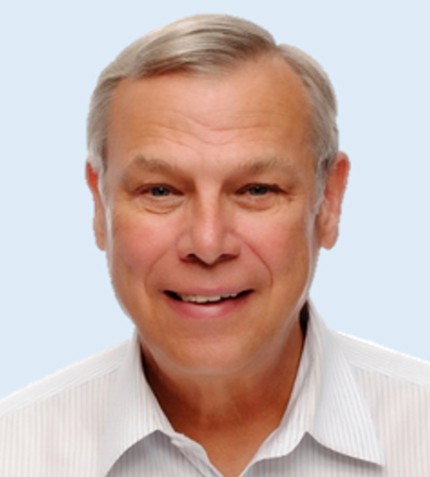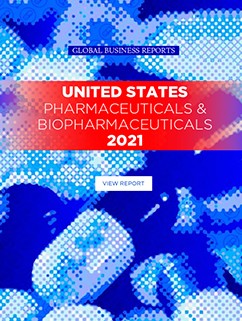
"Our side-effect blocking drugs like TK-90 make existing cancer treatments safer and more effective. We see this process continuing in cancer therapy, and we intend to be part of it."
RELATED PUBLICATION
Brian Frenzel
PRESIDENT & CEO, TOSK
Can you give an overview of the unmet need TK-90 fills and how trials have been progressing?
The initial unmet medical need that TK-90 addresses is to prevent or treat the adverse side effects of chemotherapy. Using methotrexate as a model chemotherapeutic, we have recently completed Phase 2a clinical studies in head and neck cancer patients. The results from this study exceeded our expectations. TK-90 showed essentially 100% protection in many patients against mucositis side effects, which are a dose limiting, serious, and potentially fatal part of methotrexate and other cancer treatments. We are currently completing filings with the FDA and look forward to starting registration-enabling studies soon.
We have also been exploring other uses of TK-90, as its mechanism of action is not specific to any particular drug or treatment. These have also exceeded expectations and show that TK-90 has promise not only to be an effective therapy for drug induced mucositis, but other indications as well, including several outside of cancer. We also have further confirmed that TK-90 is an extremely safe drug with no adverse effects of its own. And since it is inexpensive to produce, it will serve a worldwide market, not just affluent countries.
How do you see the future of cancer treatment playing out and what are the biggest tradeoffs between adopting new therapies and improving the ones we currently have?
The old expression “the more it changes, the more it stays the same” is applicable to cancer therapy. For example, immunotherapy has been in the headlines recently as a novel cancer treatment, but it is actually one of the oldest approaches to cancer therapy and has been around for more than 100 years. Similarly, many other “new” therapies have evolved over the years through incremental improvements, sometimes adopting different names to make them appear more original. Tosk’s drugs are part of this process of steady improvement. Our side effect blocking drugs like TK-90 make existing cancer treatments safer and more effective. We see this process continuing in cancer therapy, and we intend to be part of it.
What role do fruit flies play in screening compounds for cancer therapies and why is the fruit fly a good predictor of how humans might react?
The fruit fly is a complex animal that has been used in biological research for over 100 years. Nearly 70% of human cancer genes are conserved in flies. Despite this, fruit flies had not been successfully used as a drug screening tool until Tosk perfected the process. We have harnessed this animal to yield a new technology to identify drugs that might not be discovered using traditional methods such as target discovery and high throughput screening. And, we are the first company to put a product discovered in a fruit fly into human clinical studies. The results of this work demonstrate that the fly is a very useful drug discovery platform.
Tosk has two fly-based discovery technologies, the Side Effect Fly, that gave us TK-90, and different method which we call the Genetically Modified Fly, used to discover drugs that block the activity of mutant cancer genes such as KRAS.
What goals would Tosk like to achieve over the next two years?
We would like to make substantial progress in a clinical registration study for TK-90. We think that TK-90 will be eligible for accelerated approval designations used by regulatory authorities to speed the approval process for drugs that address unmet medical needs. We will be pursuing marketing clearance for chemotherapy side effect prevention, while at the same time, exploring other applications for TK-90 both within and outside of cancer.
Our second most advanced drug is TK-39 for cardiotoxicity side effect prevention for widely used drugs like doxorubicin. We’d like to establish proof of concept in clinical studies for TK-39 during this timeframe. This product addresses a permanent side effect of chemotherapy which causes congestive heart failure in 25% of patients within 10 years following treatment.
Finally, Tosk’s KRAS program is our “moonshot” and addresses a problem that has been considered undruggable. We anticipate having a KRAS drug in the clinic within a two-year time frame. Achieving these goals would certainly put us in the IPO or, perhaps, acquisition candidate position.











